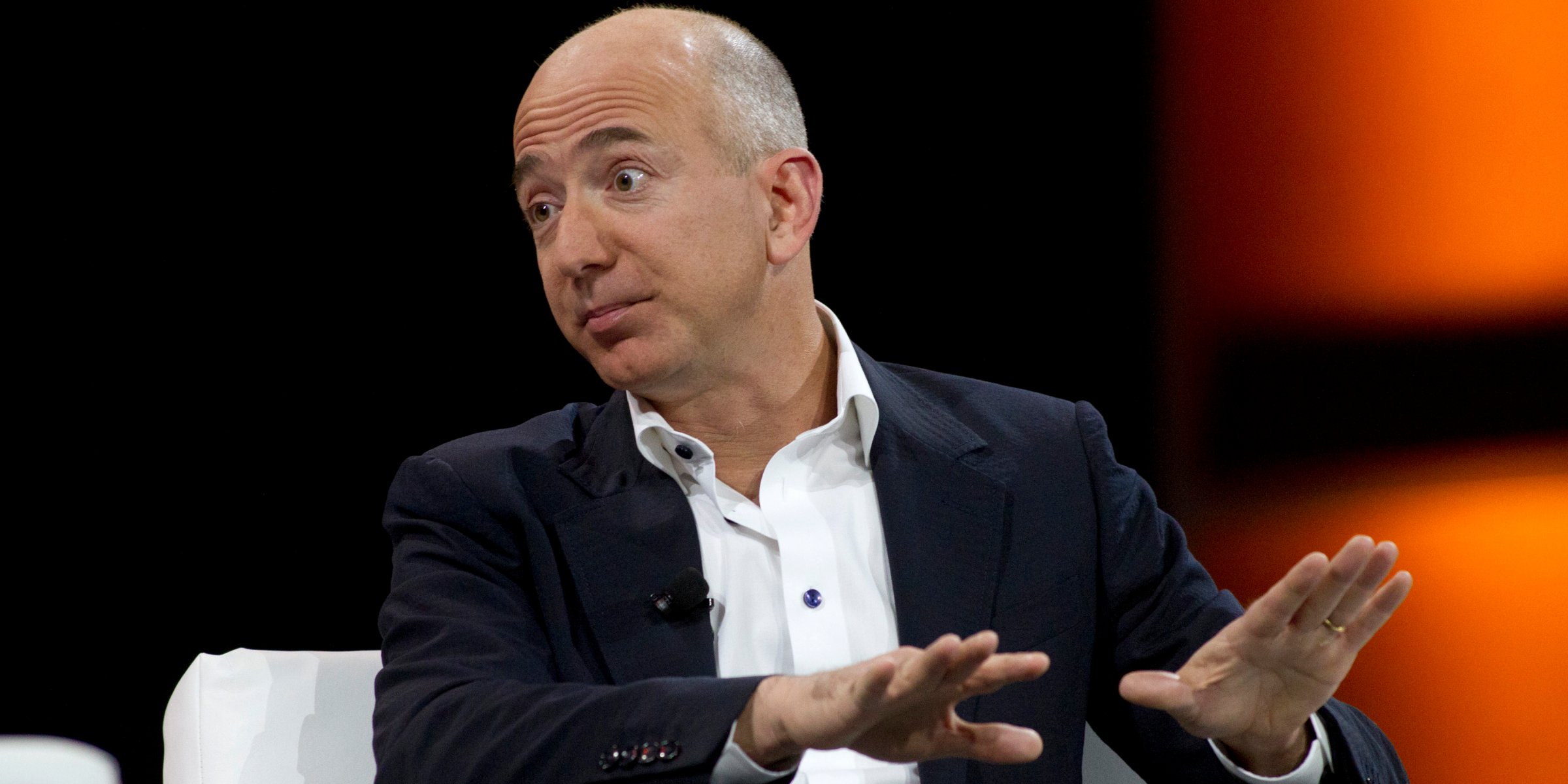 Richard Brian/Reuters
Richard Brian/Reuters
- After announcing a collaboration with Berkshire Hathaway and JPMorgan, Amazon is wreaking havoc on the healthcare sector, with managed care and pharmacy providers getting the worst of it.
- It’s just the latest example of the company wiping out billions of dollars of competitors’ market caps with a corporate announcement, and it’s bound to happen again.
Another industry has been Amazon’d.
Apparently not content to rule the retail sector, the Jeff Bezos-led juggernaut has thrown the healthcare sector into disarray after announcing it will team up with Berkshire Hathaway and JPMorgan to lower costs for their US workers.
And the market response has been swift and unforgiving, with managed care and pharmacy providers absorbing the brunt of the selling. Just an hour into trading on Tuesday, companies including Express Scripts and UnitedHealth had dropped more than 5%, seeing billions of dollars of market value erased in the process.
It’s just the latest example of the massive influence Amazon can wield over a wide variety of industries, seemingly at a moment’s notice. Armed with a war chest of cash and an ever-expanding logistical empire, it appears to be Amazon’s world, and the rest of the US market is just living in it.
That much is clear when you consider that companies in Amazon’s crosshairs frequently move more on what the retail giant is doing rather than on their own news and fundamentals. Take Aetna, which announced quarterly earnings on Tuesday, for instance. Despite reporting operating profit that beat analyst estimates, Aetna found itself caught up in the healthcare storm, dropping 3%.
The weakness in healthcare stocks is also surprising when you consider the confused reaction from Wall Street experts. An analyst from RBC Capital Markets said in a client note that the initiative “seems to have little market clout with respect to impacting healthcare costs,” implying that selling may be overdone.
With all of that in mind, there’s nothing to suggest at this point that the “Amazon’d” phenomenon will slow anytime soon. Companies nationwide — not just retailers — are being forced into a new reality where the specter of competition from Amazon lurks at every turn.
Don’t believe us? You should, because it’s happened multiple times before.
The first and perhaps most notorious recent example came after Amazon’s $13.7 billion acquisition of Whole Foods, when the grocery industry as a whole lost 8% over the next week. Around the same time, sporting-goods retailers felt similar pain amid speculation that Nike would start selling products on Amazon.
In the end, Amazon added $18 billion in market cap in a week while its competitors lost a total of $31 billion — an almost $50 billion gap.
The fallout from Amazon’s new healthcare initiative isn’t even the first time it’s rocked the industry in recent months. Following the company’s purchase of Whole Foods, the pharmaceutical-supply chain lost $10 billion in market value, according to UBS.
Perhaps what’s scariest about Amazon’s outsized influence is that it can cause stock-price gyrations simply through rumor. At this point, an industry being mentioned in passing as a possible Amazon target can lead to a sell-off.
And as Tuesday’s events show, when actual concrete progress is made, all bets are off, and the floodgates are open.














